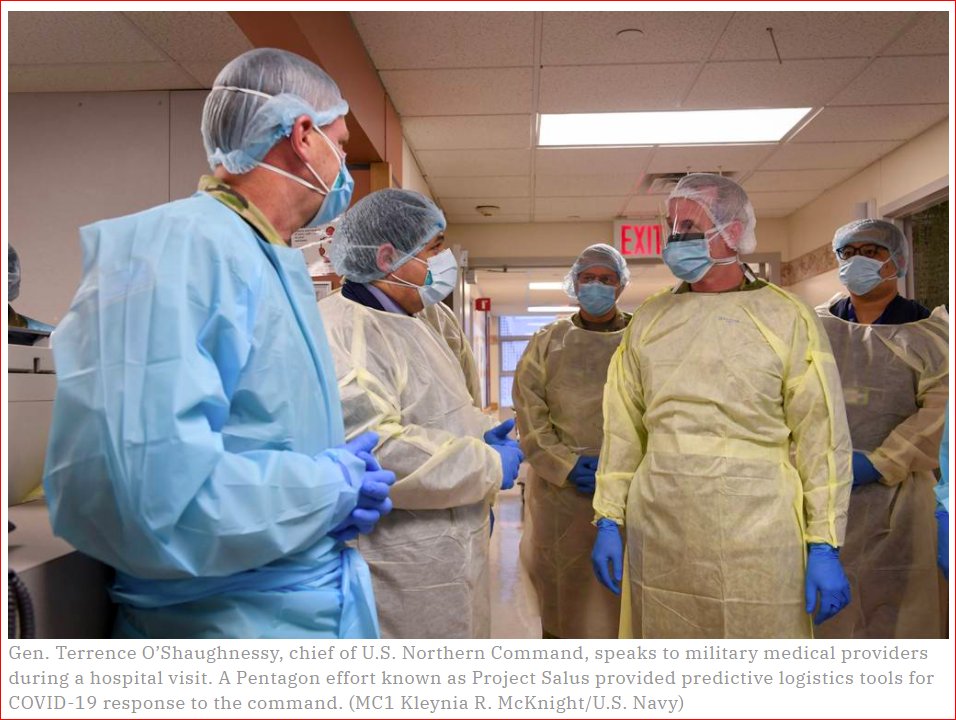
Still seems important...
https://twitter.com/1foreverseeking/status/1437799160229605377
Jan 1, 2015, through June 1, 2020, University of North Carolina at Chapel Hill reported 28 lab incidents involving genetically engineered organisms to safety officials at NIH according to docs UNC released to ProPublica under a public records request.
propublica.org/article/here-a…
propublica.org/article/here-a…
6 incidents involved various types of lab-created coronaviruses. Many were engineered to allow study of virus in mice. UNC declined to answer questions about incidents & to disclose details to the public, including names of viruses, nature of modifications & risks posed to public 

August 2015: Mouse briefly escaped inside 1 of UNC’s biosafety level 3 labs. Mouse, which had been infected with an undisclosed type of “mouse adapted” virus, squirmed free of researcher’s gloved hand.
NIH officials told ProPublica it was a type of “SARS-associated Coronavirus.”
NIH officials told ProPublica it was a type of “SARS-associated Coronavirus.”
October 2015: 3 UNC researchers potentially exposed to undisclosed “mouse adapted” virus when shallow container fell to the floor of a biosafety level 3 lab, spilled & potentially created aerosolized droplets. NIH told ProPublica incident involved type of SARS-assoc. coronavirus.
November 2015: 2 UNC lab workers potentially exposed to a lab-created type of MERS coronavirus when an empty cage w/ contaminated animal bedding spilled on floor of biosafety level 3 lab. Researcher transferring MERS-infected mice to clean cage when the dirty cage knocked over.
February 2016: A mouse infected with an undisclosed “mouse adapted” virus bit a researcher’s finger through two layers of gloves as she tried to weigh it in a biosafety level 3 lab. NIH officials told ProPublica that the incident involved a type of SARS-associated coronavirus.
April 2017: Plate containing virus from lung samples from mouse infected with undisclosed virus was dropped by researcher in biosafety level 3 lab, spilling small amount of virus material onto incubator door & floor. NIH told ProPublica it was type of SARS-associated coronavirus.
April 2020: UNC scientist underwent 14 days of self-quarantine at home after mouse bite caused potential exposure to strain of SARS-CoV-2, virus that causes COVID-19, that had been adapted for growth in mice.
• • •
Missing some Tweet in this thread? You can try to
force a refresh








